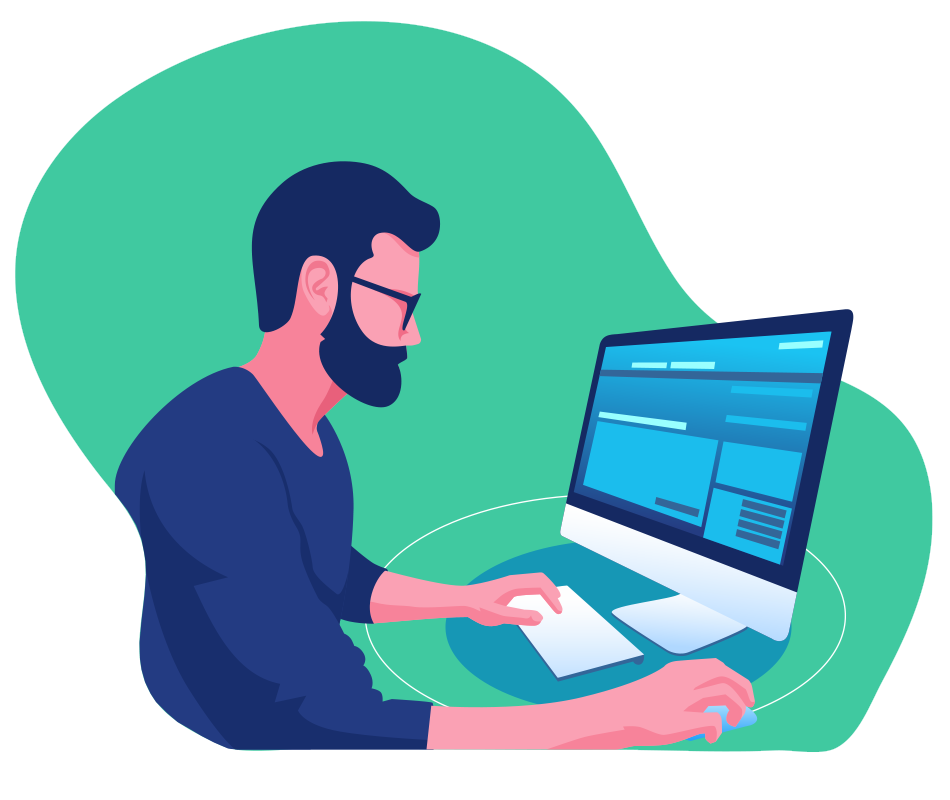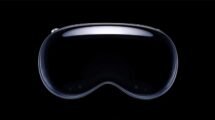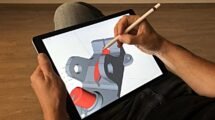Managing a rental property remotely can be challenging, but with the right technology, it’s possible to streamline many of the processes and make it more efficient. Here are a few ways to leverage today’s technology to manage your rental property remotely (with as few hiccups and friction as possible).
Use property management software. Property management software is a great way to keep track of all the information related to your rental property in one place. With property management software, you can keep track of tenant information, rent payments, expenses, and maintenance requests, all in one platform.
Many property management software also offer features like automated rent reminders, rent tracking, work order management, tenant screening and even accounting. This makes it easy to keep track of everything and make sure that everything is running smoothly, even when you’re not on site.
If you want something more hands-on and tailored to your specific rental properties, it’s better to hire a professional property manager that’s local to where your property is. It’ll cost a little more, but there’s something nice about having proverbial “boots on the ground” to handle any issues that may arise while you aren’t present.
Use a cloud-based storage system. Having a cloud-based storage system lets you store and access important documents related to your rental property, such as lease agreements, financial records, and insurance documents. With the cloud, you can save and access these files from anywhere with an internet connection. This makes it easy for you to find documents from your computer, phone, or tablet, which means you don’t have to worry about carrying paper copies with you. (It also untethers you from a specific desk or office – allowing you to run your business from a coffee shop, airplane, or hotel lobby.)
Leverage video conferencing software. Video conferencing software (like Zoom) is helpful for facilitating virtual walk-throughs, property inspections, and meetings with tenants and contractors. You can even join a live stream with a contractor and watch the progress of repairs and renovations in real-time. This helps you stay connected with your property, even when you can’t be there in person.
Lean on the Internet of Things (IoT). IoT-enabled devices such as security cameras, smart locks, and smart thermostats, provide remote access to the rental property. Examples include:
- Smart lock to grant access to tenants, contractors, or cleaners
- Security cameras to be used when properties are vacant and you’re managing contractors and projects
- Smart thermostats to help tenants maintain the right temperature and keep utility costs down
- Leak detection devices that identify leaks and shut off water to the property when there’s an issue
As IoT technology continues to improve, there’s a steady influx of new devices and tools that help to reduce risk and improve profitability for remote landlords like yourself. Make sure you’re staying up to date on all of the latest trends and developments.
Use automated messaging systems. Using automated messaging systems, like text or email alerts, helps remote landlords stay informed about what is happening on the property and allows you to take action right away.
For example, you can set up an automated rent reminder that sends a text message or an email to your tenants on the rent due date. This lets you proactively stay on top of each lease without having to physically take the time to send a text or make a call. Additionally, automated messaging can also be used to notify you of any maintenance requests, alert you of any emergency situations, or even advise you when the rent has been paid.
The Art of Remote Landlording
By using technology to manage your rental property remotely, you can save time and make the process more efficient. Plus, having access to real-time information about your property can help you make better-informed decisions about how to manage your property and take care of your tenants.
With all of this being said, keep in mind the importance of using discretion and prioritizing security. Data privacy is a huge deal right now and the consequences for willfully or accidentally ignoring certain security protocols can be swift and severe.
Remember to follow all laws and regulations as you integrate technology into your rental property management.





